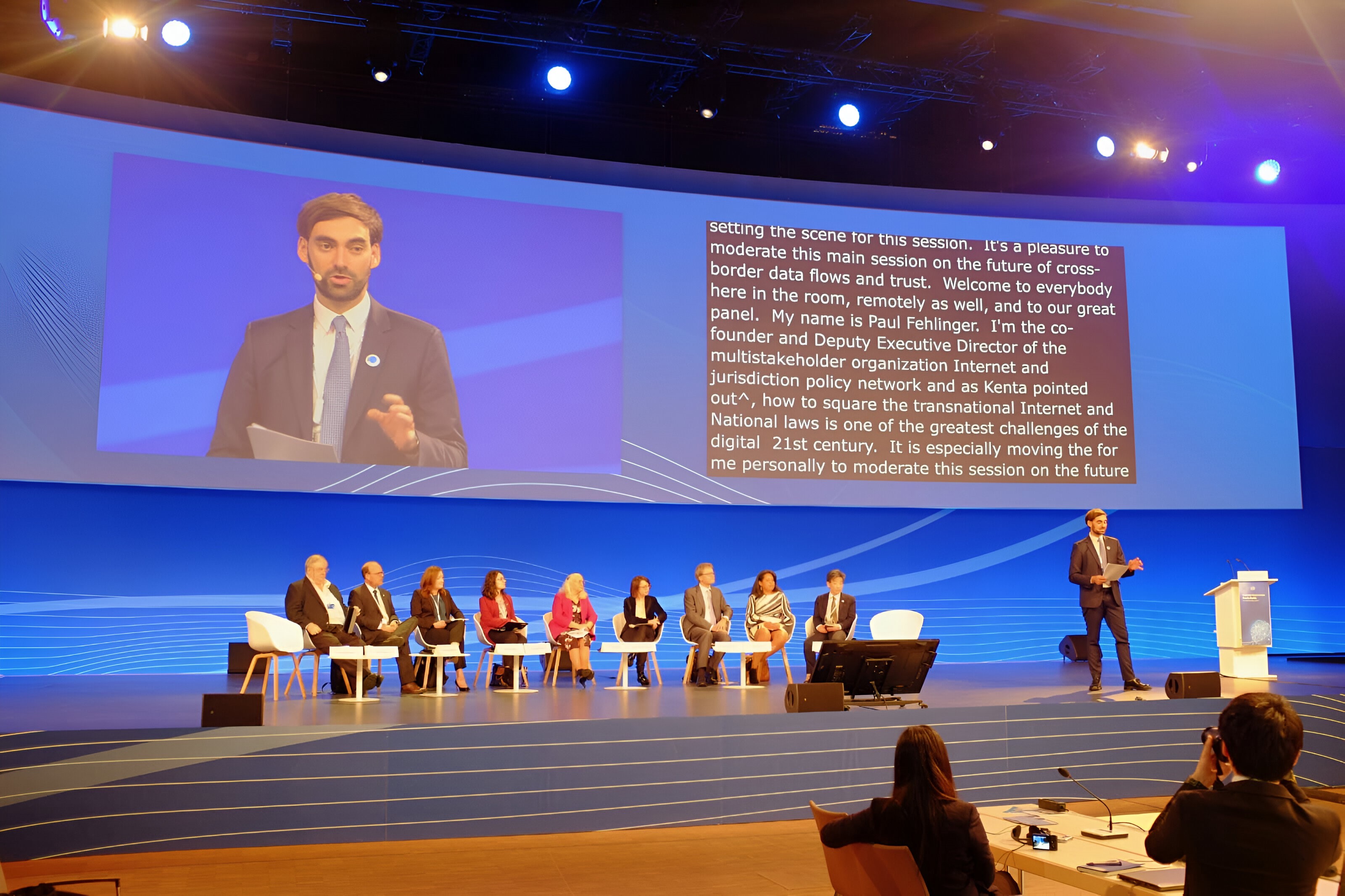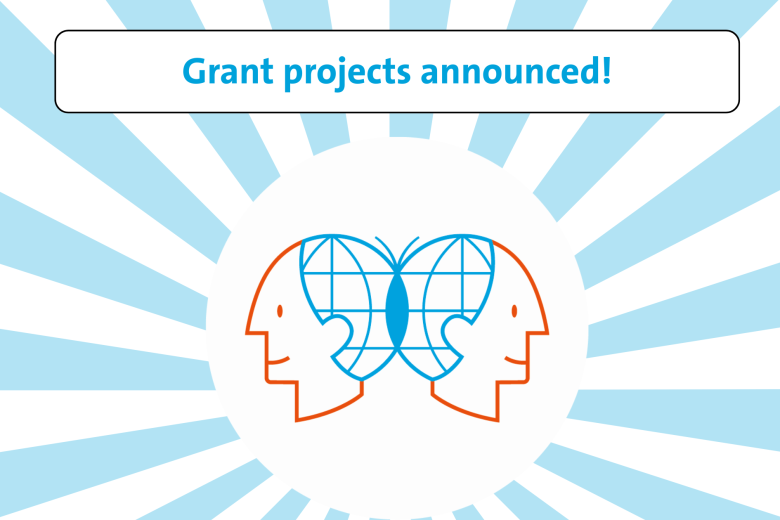Working on responsible technological innovation
Paul Fehlinger was fascinated by the digital economy from a young age. Born in Berlin and raised in Munich, he obtained his bachelor’s degree in European Studies from Maastricht University. This laid the foundation for a flourishing career, culminating in his current role as director of Policy, Governance Innovation and Impact at Project Liberty.
It was curiosity that brought him to Maastricht. “I wanted to understand what drives the EU. I was looking for the kind of broad-based, international programme that didn’t exist in Germany. The curriculum immediately appealed to me. Looking back, the combination of an international perspective, a diverse student population and Problem-Based Learning taught me how to investigate complex global issues. The skills I acquired there—critical thinking, collaboration and an ability to ask the right questions—have proven invaluable throughout my career.”
Ambassador
Fehlinger has fond memories of the Grote Gracht. “I spent three great years in Maastricht, a cosy, compact and hospitable city. The classes and debates were interactive and often brought students from 10 or more countries together. And I enjoyed working in groups, addressing issues together. That’s how you learn to collaborate and particularly to ask the right questions—a skill you never lose. Thanks to those dynamics and the quality of the education, I still recommend Maastricht to students today.”
After graduating, Fehlinger initially pursued his passion for journalism. He did internships at various media outlets in Berlin, including the German public broadcasters ZDF and ARD. He then worked for Radio France Internationale in Paris, where he has lived ever since.
Sciences Po
In Paris, Fehlinger’s career took a different turn when he was admitted to the master’s in International Relations at Sciences Po. He immersed himself in the rapidly developing internet and the challenges of cross-border governance and data flows—not exactly hot topics back in 2009. It was around this time that he met Bertrand de la Chapelle, with whom he founded the Internet & Jurisdiction Policy Network in 2012. Focusing on the future of the internet in times of digitisation, it has grown into an influential network with over 400 entities from more than 70 countries: international organisations, governments, the world’s largest tech companies, civil society groups and top universities.
Global platform
“We built a global platform where international heavyweights come together to find a balance between the cross-border nature of the internet and the territorial nature of national jurisdictions,” Fehlinger explains. “We organised conferences and meetings all over the world to put the issue of online jurisdiction on the global agenda. And not only that, but also topics like the digital economy, security, ethical issues, risks, human rights and privacy. What laws and regulations apply to online developments? How do they work across national borders? During all those sessions, I saw many similarities between our model of multistakeholder governance and Maastricht’s Problem-Based Learning approach, with its interdisciplinary groups. We discussed themes like whether data can only be used by the judiciary, for example in the European Union, or what major tech companies like Facebook and Google are and aren’t permitted to do.”
Text continues below the photo.

Frameworks
The network’s pioneering work to foster global cooperation and innovative, cross-border policy approaches has been acknowledged by the G7, the United Nations and the OECD. “It was incredibly intense, but we accomplished so much in 10 years,” he says. “The discussions in the Internet & Jurisdiction Policy Network helped shape the frameworks and processes for how we now deal with cross-border data access and digital services.”
Today, Fehlinger is considered a leading expert on digital governance and responsible technological innovation. His insights into the future of the global digital economy have been published by prestigious outlets such as the Economist, the New York Times, Fortune and Politico. He is a sought-after chair and speaker at global forums, including the United Nations, OECD, G7 and WTO. He has served on advisory groups of the Council of Europe, the Freedom Online Coalition, the World Economic Forum and more. He is also affiliated with Harvard University and a senior fellow at Berlin’s Hertie School of Governance.
Responsible
In 2022, Fehlinger was appointed director of Policy, Governance Innovation and Impact at Project Liberty, an initiative of the US businessman Frank McCourt. “We work with technologists, capital providers, entrepreneurs, academics and policymakers to ensure that emerging technologies are developed and used for the common good. Innovation is moving incredibly quickly—just look at the developments in artificial intelligence and augmented reality. Laws and regulations are not keeping pace. We need a new approach, which is why Project Liberty’s founder has committed half a billion dollars to incentivise the development of technical infrastructure solutions and frameworks for a fair digital economy. It makes me proud to contribute to one of the world’s most ambitious initiatives to create a more responsible and sustainable digital future.”
The man who now stands at the forefront of global debates on technology and digital innovation looks back on his Maastricht years with gratitude.
Text: Jos Cortenraad
Photography: Paul Fehlinger
Also read
-
Global Citizenship for Sustainable Development grant winners announced
We are proud to announce that three projects have received funding from the Global Citizenship for Sustainable Development network at Maastricht University.

-
Inaugural lecture Jan Willem van Prooijen
What drives people to embrace radical conspiracy theories, sometimes with far-reaching consequences for society? During his inaugural lecture on Friday 27 June, Prof. Dr. Jan Willem van Prooijen (radicalisation, extremism, and conspiracy thinking) will address this urgent question.

-
Update 25 June
Last night a UM building at the Bouillonstraat was daubed with paint and slogans. A sad expression of vandalism. UM has filed a report.
